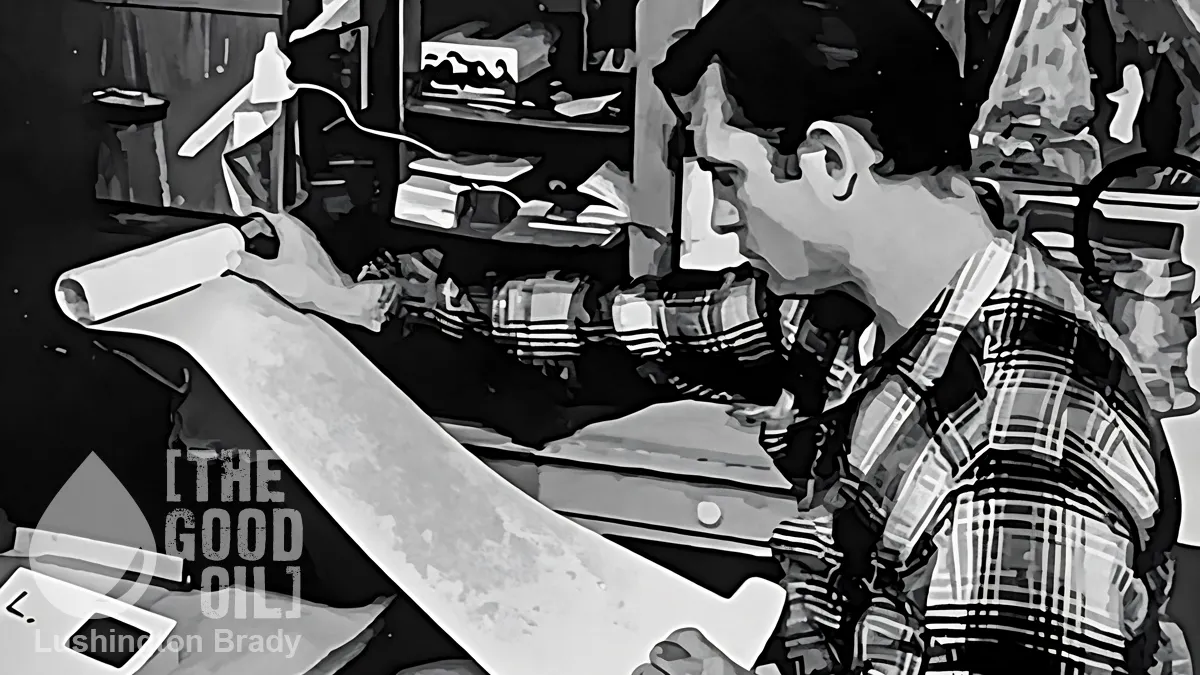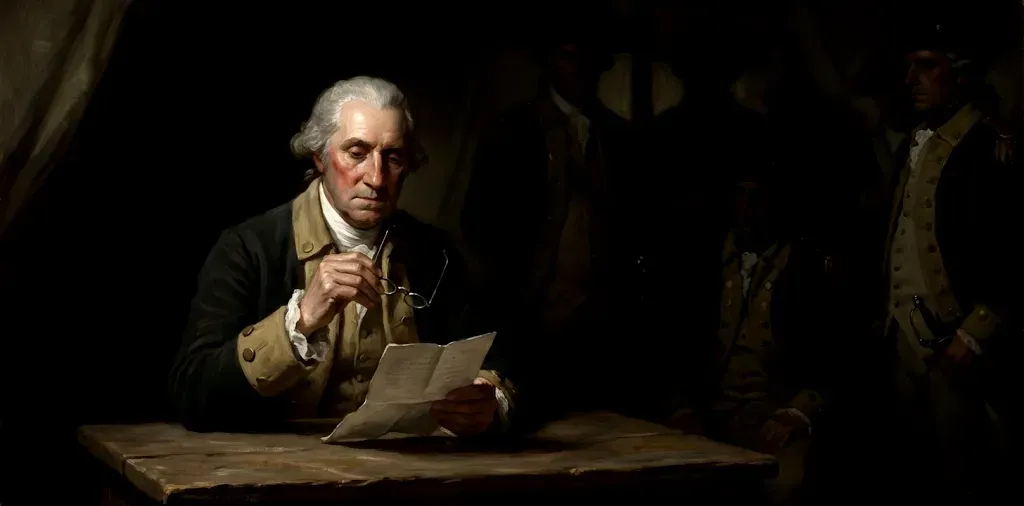Table of Contents
The British Empire, A Force For Good.
By John McLean,
Tross Publications.
Reviewed by Crispin Caldicott
This tome represents not just a labour of love, but at nearly 600 pages a massive piece of scholarship. 101 of the territories that made up the British Empire are investigated for their fortunes, before, during and after they became British.
What makes this book stand out is that it asks questions that have not been asked, or have simply been avoided, and draws conclusions that should be uncomfortable for many. What was the American Revolutionary War really about? Could it be that the colonists were motivated by a perceived threat from Britain that slavery was going to be abolished? If so, they were correct, and successful. Their victory left them free to chase the former Indian inhabitants as far west as they desired, and maintain slavery in the name of Freedom and Democracy. As the author points out, of the 56 men who signed the Declaration of Independence, 41 including Washington and Jefferson were slave owners. As Doctor Johnson said at the time: “How is it that the loudest yelps for liberty come from the drivers of Negroes?”
Britain did of course abolish slavery and the cost to the nation in both lives and money of policing this policy through the Royal Navy was enormous. By mid-century, the squadrons dedicated to capturing the slave-traders accounted for half of all naval spending. Yet the Americans persisted – one US Congressman stated the persistence of British cruisers of the anti-slavery patrol was unwarranted and destructive to private interests. Britain however maintained the moral path and by 1890 the trade in slaves had been all but eliminated on both coasts of the African continent – though there was an incident as late as 1922 involving HMS Cornflower and 29 slaves in the Red Sea.
Britain began a ruthless disposal of its colonies, whether they wanted it or not, after World War II. There was pressure from many sources, but the case of Southern Rhodesia is illuminating in context. The nation had become highly successful, and a bread-basket for Africa. Ironically its economy boomed under sanctions, but why did the British Government insist this thriving nation be handed to a tyrannical African who rapidly turned it into a basket case? It is not wholly clear but the experience of empire building certainly did not prevent Britain from proving equally adept at chicanery and dishonour when pulling it all apart later. Rhodesia was not an atypical case.
Diligently researched, there is much to surprise and enlighten those who have any interest in history. McLean has cast a refreshing lens over the contemporary popular views that all empires are evil and Britain’s doubly so. His conclusion is that the British Empire was indeed a very positive force that enhanced the lives of millions. His book proves there is always another side – frequently hidden and/or shocking – to every story. Highly readable.









